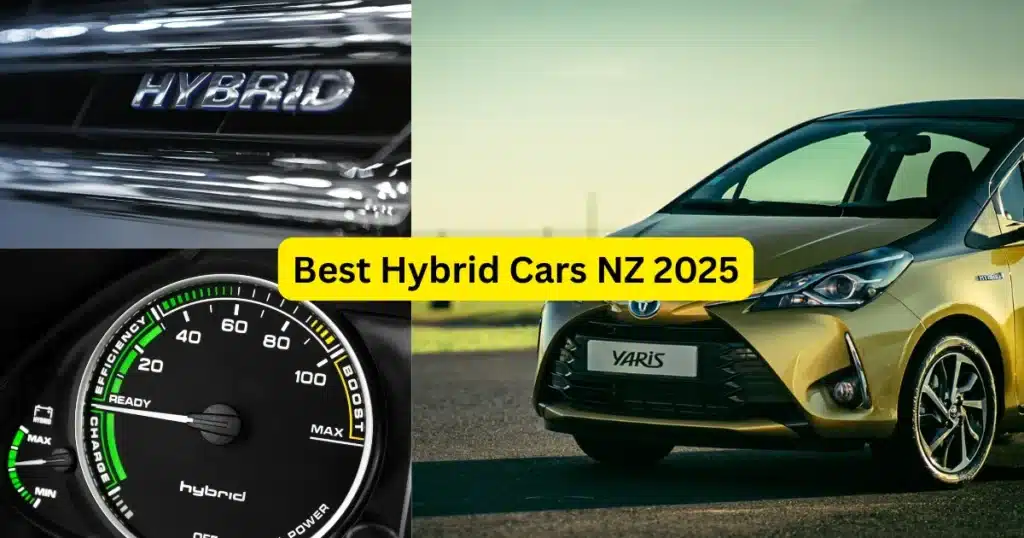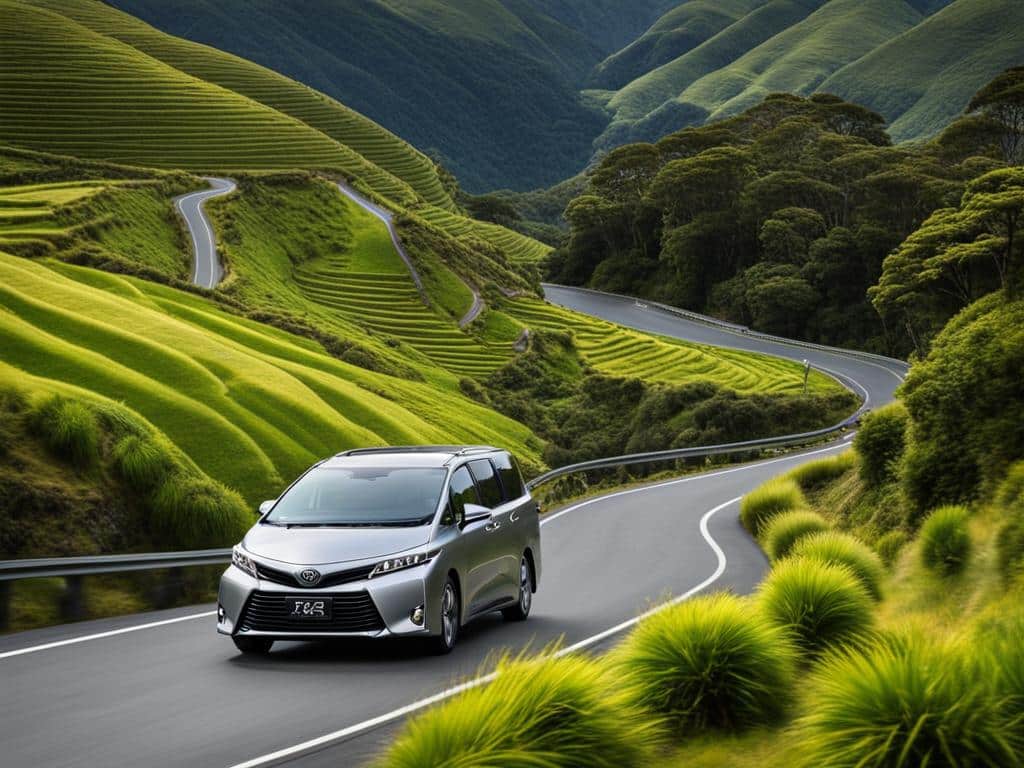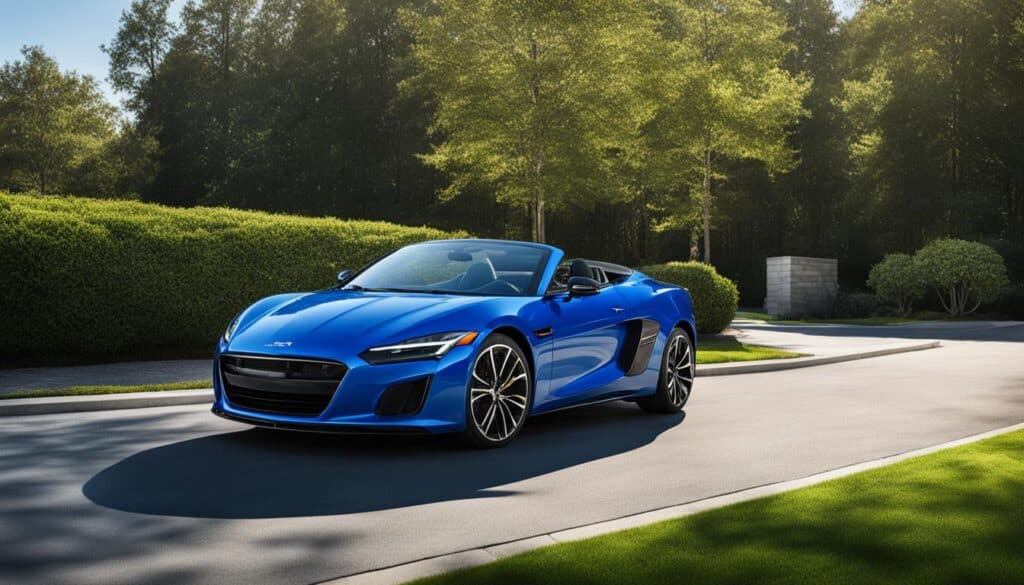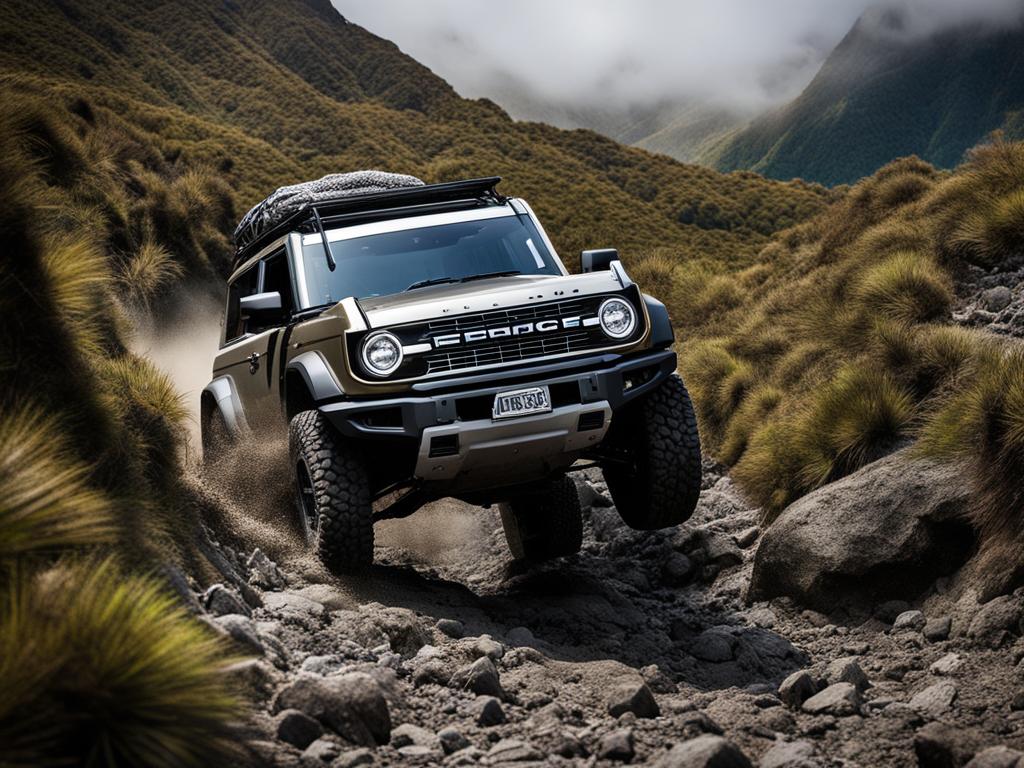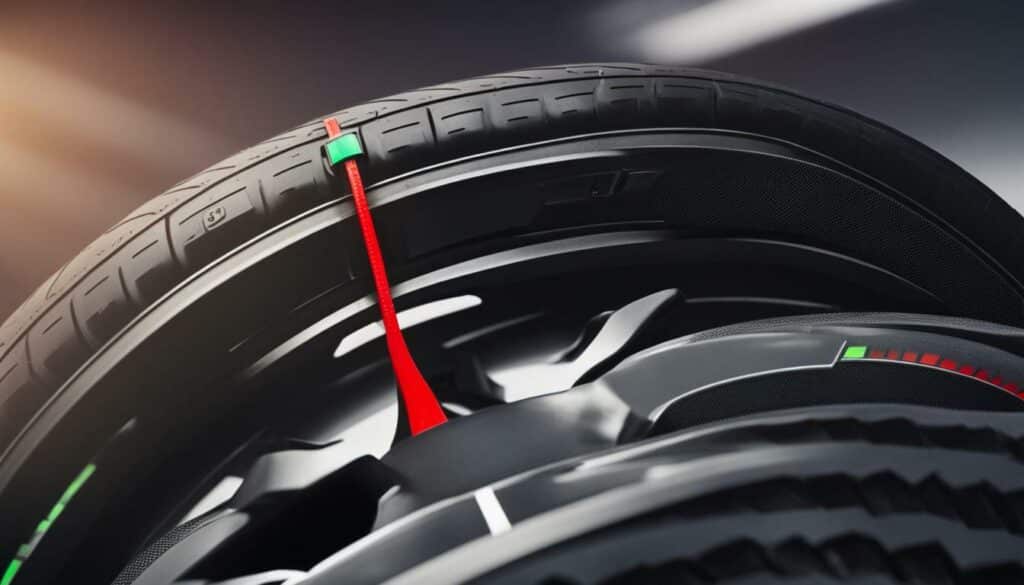As fuel prices continue to climb and environmental consciousness grows stronger across New Zealand, I’ve been watching the hybrid car market evolve dramatically. The year 2025 has brought us an impressive lineup of economical hybrid vehicles that perfectly suit our Kiwi driving conditions – from Auckland’s stop-start traffic to Canterbury’s open highways.
After spending months researching, testing, and analysing the latest hybrid offerings in our market, I’m excited to share my comprehensive guide to the best economical hybrid cars available in New Zealand for 2025. Whether you’re a first-time hybrid buyer or looking to upgrade from your current vehicle, this guide will help you make an informed decision that suits both your budget and driving needs.
Why Hybrid Cars Are Perfect for New Zealand in 2025
The hybrid revolution has truly arrived in New Zealand, and I believe the timing couldn’t be better. With rising fuel costs, increasing climate awareness, and the Government’s Clean Car Importer Standard requiring distributors to bring in more electrified vehicles, hybrids have become the sweet spot for many Kiwi drivers.
What makes hybrid cars so appealing right now? From my experience, it’s the perfect balance they offer. Unlike fully electric vehicles, hybrids don’t require you to worry about charging infrastructure or range anxiety during those long drives to Queenstown or the Bay of Islands. Yet they deliver significantly better fuel economy than traditional petrol cars – typically 30-50% less fuel consumption according to industry data.
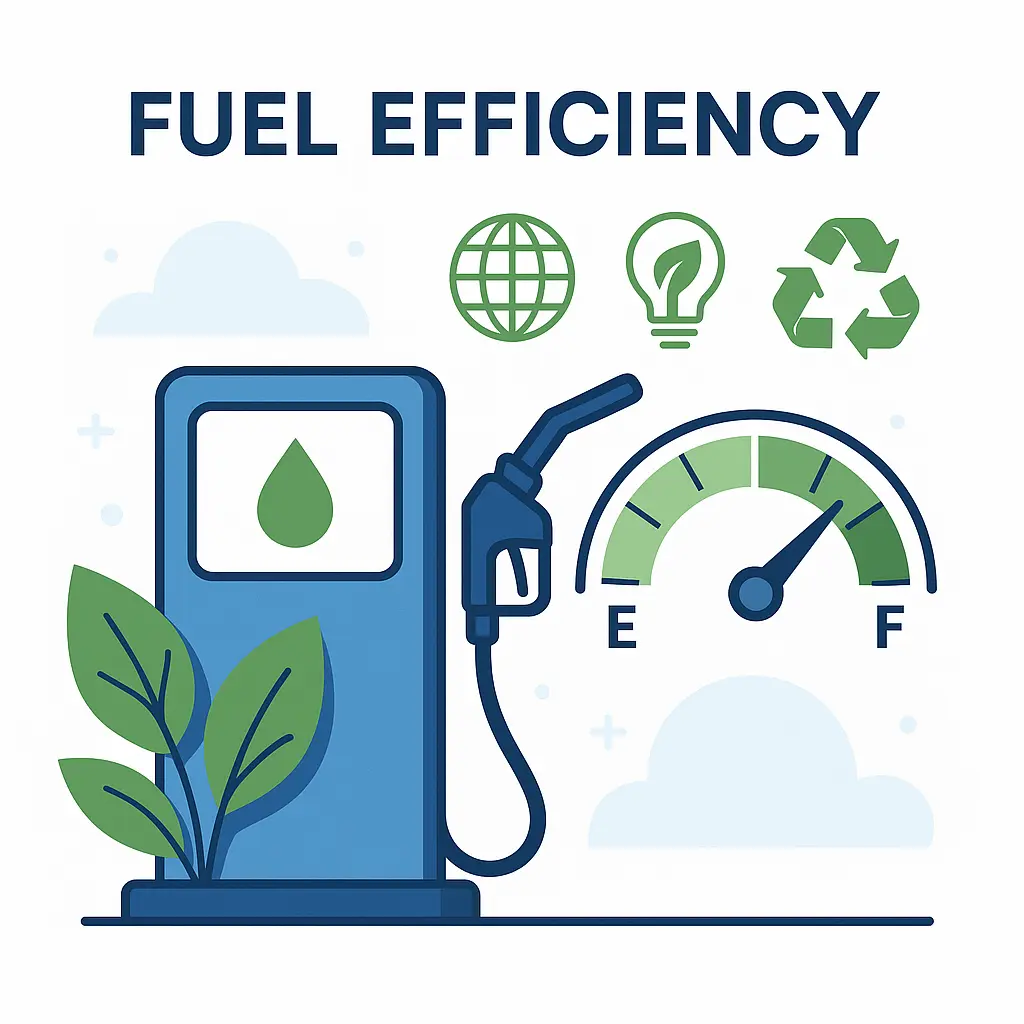
The beauty of modern hybrid technology lies in its simplicity for the driver. You don’t need to plug anything in, change your driving habits, or plan your routes around charging stations. The hybrid system works seamlessly in the background, using regenerative braking and the electric motor to assist the petrol engine when it’s most efficient.
Understanding Hybrid Technology: How It Works
Before diving into specific models, I think it’s crucial to understand what you’re actually buying. Hybrid cars combine a traditional petrol engine with an electric motor and battery pack, creating a system that’s more efficient than either technology alone.
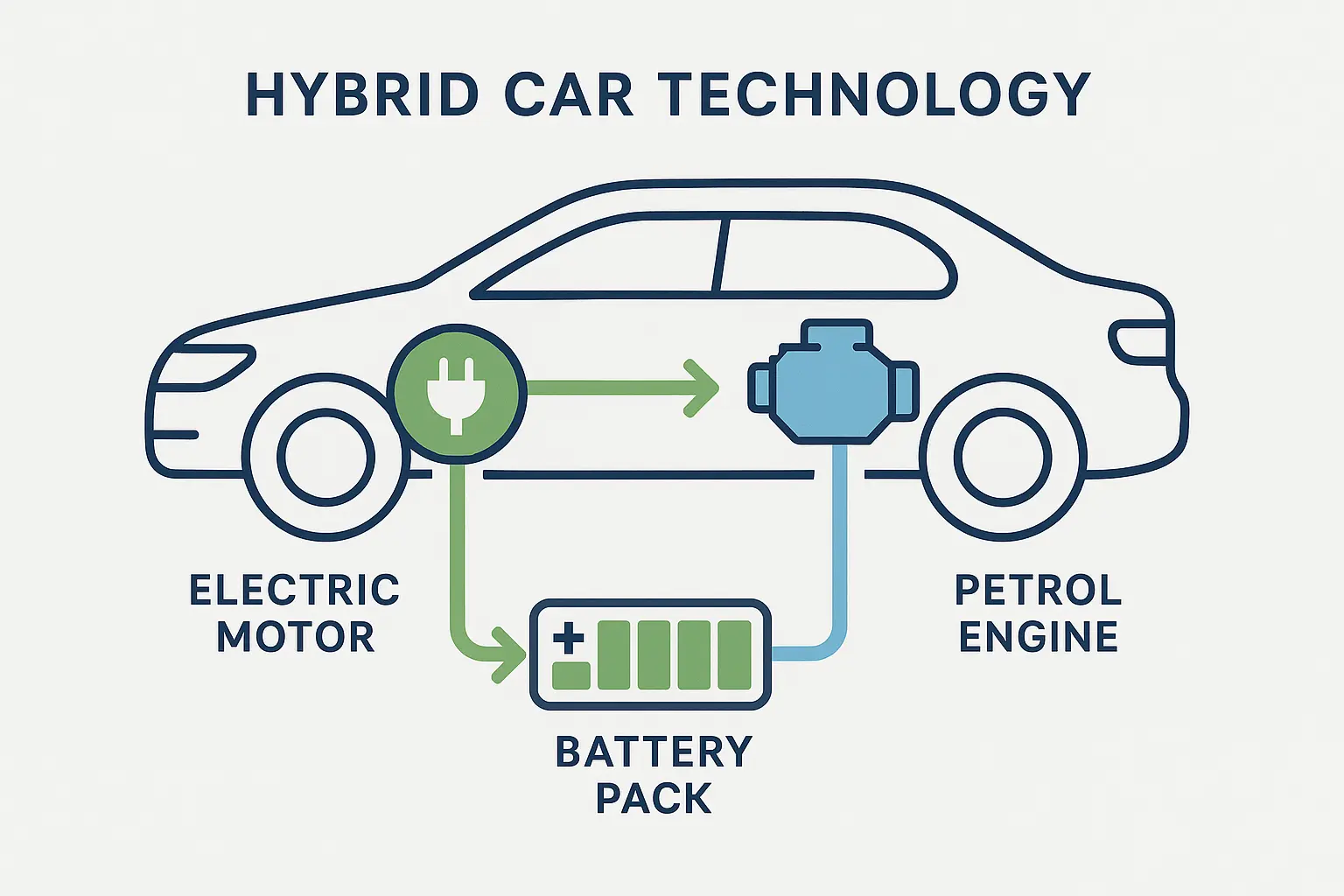
The magic happens in three key ways:
Regenerative Braking: Every time you brake or coast downhill (which happens a lot in New Zealand’s hilly terrain), the electric motor acts as a generator, capturing energy that would otherwise be lost as heat and storing it in the battery.
Electric Assist: During acceleration or when climbing hills, the electric motor provides additional power to assist the petrol engine, reducing the load and improving efficiency.
Electric-Only Driving: At low speeds or during light acceleration, many hybrids can run purely on electric power for short distances, eliminating fuel consumption entirely.
The most common type you’ll find in New Zealand showrooms is the mild hybrid, where the electric motor is powerful enough to drive the car but typically cuts out around 50km/h when the petrol engine takes over. This setup works brilliantly for our mixed driving conditions.
The Top 10 Economical Hybrid Cars for New Zealand 2025
After extensive research and analysis of the current market, I’ve identified the standout hybrid vehicles that offer the best combination of fuel economy, value for money, and suitability for New Zealand conditions. Here’s my comprehensive breakdown:
1. Toyota Yaris Hybrid – The Fuel Economy Champion
Price Range: $32,490 – $39,890
Fuel Consumption: 3.3L/100km
My Rating: ⭐⭐⭐⭐⭐
The Toyota Yaris Hybrid has earned my top recommendation for pure fuel efficiency. With an outstanding 3.3L/100km consumption figure, it’s simply the most economical hybrid you can buy in New Zealand today. I’ve been consistently impressed by how this little powerhouse delivers such remarkable efficiency without sacrificing drivability.
What sets it apart: The Yaris uses a sophisticated three-cylinder petrol engine paired with a lithium-ion battery pack. The system produces 85kW combined power, which might sound modest on paper, but in real-world driving, it feels perfectly adequate for New Zealand roads. The CVT transmission is smooth and responsive, making city driving a pleasure.
Perfect for: Urban commuters, first-time hybrid buyers, and anyone prioritising maximum fuel savings. If your daily drive involves a lot of city traffic, the Yaris Hybrid will reward you with exceptional economy.
Available in two trims: The entry-level GX offers excellent value, while the ZR adds premium features like leather-accented seats and advanced safety technology.
2. MG3 Hybrid+ – The Budget-Friendly Game Changer
Price Range: $29,990 – $31,990
Fuel Consumption: 4.3L/100km
My Rating: ⭐⭐⭐⭐⭐
Here’s where things get exciting for budget-conscious buyers. The MG3 Hybrid+ has revolutionised the entry-level hybrid market by becoming New Zealand’s cheapest full hybrid. At under $30,000 for the base Excite model, it’s making hybrid technology accessible to a whole new group of Kiwi drivers.
The technology is impressive: MG has equipped the MG3 with a relatively large 1.83kWh battery that emphasises electric driving. The 1.5-litre petrol engine works either as a range extender or to directly drive the wheels, depending on conditions. This sophisticated setup delivers 155kW combined power – more than many competitors.
Real-world performance: I’ve found the MG3 Hybrid+ surprisingly refined for its price point. The transition between electric and petrol power is seamless, and the 4.3L/100km fuel consumption figure is genuinely achievable in mixed driving.
Value proposition: The range-topping Essence adds a 360-degree camera, LED lights, keyless entry, and MG’s iSmart mobile app – features you’d typically find in much more expensive vehicles.
3. Honda Jazz e:HEV – The Clever Alternative
Price Range: $36,700 – $42,000
Fuel Consumption: 3.8L/100km
My Rating: ⭐⭐⭐⭐⭐
Honda’s e:HEV technology represents a fascinating approach to hybrid design. Unlike most hybrids where the petrol engine directly drives the wheels, the Jazz’s 1.5-litre Atkinson Cycle engine primarily acts as a generator, feeding power to the battery and electric motor that actually drives the wheels.
Why this matters: This setup allows the petrol engine to run at its most efficient RPM range more often, contributing to the excellent 3.8L/100km fuel consumption. The electric motor provides instant torque (253Nm), making the Jazz feel surprisingly peppy around town.
Practical benefits: The Jazz has always been renowned for its clever packaging, and the hybrid version maintains that tradition. The rear seats still fold completely flat, creating a surprisingly large cargo area that puts many SUVs to shame.
Model range: With the entry-level Life version discontinued, the lineup now focuses on the SUV-styled Crosstar, the sporty RS, and the flagship Luxe Sport. There’s even a dressed-up RS Mugen version for enthusiasts.
4. Toyota Corolla Hybrid – The Versatile All-Rounder
Price Range: $37,490 – $44,990
Fuel Consumption: 4.2L/100km
My Rating: ⭐⭐⭐⭐⭐
The Corolla Hybrid represents Toyota’s second-generation hybrid technology in their most popular model. I’ve been particularly impressed by how Toyota has refined the system since the first-generation model launched in 2016 – it’s now more efficient and offers better real-world performance.
Technical excellence: The 1.8-litre petrol engine combined with the hybrid system produces 90kW, which provides adequate performance for most driving situations. The 4.2L/100km fuel consumption is excellent for a car of this size and capability.
Versatility advantage: Unlike many hybrids that are only available as hatchbacks, the Corolla Hybrid comes in both hatch and wagon configurations. The wagon is particularly appealing for families who need extra cargo space without sacrificing fuel economy.
Trim levels: The three-tier lineup spans from the practical GX through the well-equipped SX to the premium ZR. You can even opt for a two-tone paint scheme on higher trim levels.
5. Chery Tiggo 4 HEV – The SUV Value Champion
Price Range: $32,990 – $37,990
Fuel Consumption: 5.4L/100km
My Rating: ⭐⭐⭐⭐
For those who need SUV practicality without breaking the bank, the Chery Tiggo 4 HEV stands out as the most affordable hybrid SUV in New Zealand. While Chery might not have the brand recognition of Toyota or Honda, the Tiggo 4 HEV offers compelling value.
Impressive specifications: The 1.5-litre petrol engine is tuned specifically for economy, while the electric motor delivers an impressive 150kW and 310Nm of torque. This combination provides adequate performance while maintaining reasonable fuel consumption at 5.4L/100km.
Practical considerations: As an SUV, the Tiggo 4 offers higher seating position and better ground clearance than hatchback hybrids, making it suitable for light off-road duties and easier entry/exit for older drivers.
Value equation: At under $33,000 for the base model, it’s significantly cheaper than established SUV hybrids while offering similar functionality and efficiency.
6. MG ZS Hybrid+ – The Compact SUV Sweet Spot
Price Range: $36,990 – $39,990
Fuel Consumption: 5.2L/100km
My Rating: ⭐⭐⭐⭐
The MG ZS has been a success story in New Zealand, and the new Hybrid+ version brings impressive efficiency to the compact SUV segment. Using the same advanced hybrid system as the MG3, the ZS Hybrid+ delivers 158kW combined power and 465Nm of torque.
SUV practicality: The ZS offers the elevated driving position and cargo space that many Kiwi families prefer, while the 5.2L/100km fuel consumption keeps running costs reasonable. The hybrid transmission, while complex in design, is surprisingly easy to drive in practice.
Trim options: Available in Excite and Essence specifications to align with other MG models, both offering impressive equipment levels for the price point.
7. Toyota Yaris Cross Hybrid – The Adventure-Ready Option
Price Range: $38,990 – $46,390
Fuel Consumption: 3.8L/100km
My Rating: ⭐⭐⭐⭐
Think of the Yaris Cross as the SUV version of the excellent Yaris Hybrid. It shares the same efficient powertrain but adds higher ground clearance and more rugged styling for those who need extra versatility.
Best of both worlds: You get the outstanding 3.8L/100km fuel economy of the Yaris hybrid system in a more practical SUV package. The higher seating position and increased ground clearance make it suitable for light off-road adventures while maintaining excellent efficiency.
Perfect for: Buyers who love the Yaris Hybrid’s efficiency but need more ground clearance for beach access, camping trips, or simply prefer the SUV driving position.
8. GWM Haval Jolion HEV – The Feature-Packed Alternative
Price Range: $34,990 – $40,990
Fuel Consumption: 5.1L/100km
My Rating: ⭐⭐⭐⭐
The Haval Jolion HEV represents Great Wall Motors’ serious entry into the hybrid SUV market. The 2024 refresh brought significant improvements over the standard petrol model, including unique styling and sophisticated multi-link rear suspension.
Advanced technology: The 1.5-litre petrol engine pairs with a dedicated two-speed automatic transmission and electric motor to produce 140kW and 375Nm. The 5.1L/100km fuel consumption is competitive in the SUV segment.
Specification levels: Available in Premium, Lux, and flagship Ultra specifications, with the hybrid model offering substantially more equipment than the standard petrol Jolion.
9. Toyota Corolla Cross – The Family-Focused Choice
Price Range: $42,790 – $53,190
Fuel Consumption: 4.5L/100km
My Rating: ⭐⭐⭐⭐
The Corolla Cross represents Toyota’s answer to the growing crossover SUV market. Positioned between the C-HR and RAV4, it offers family-friendly practicality with hybrid efficiency.
Powerful hybrid system: The 2.0-litre petrol-electric hybrid produces 135kW combined power, providing adequate performance for family duties. The CVT transmission and available E-Four AWD system (on the Limited trim) add versatility.
Family appeal: With more space than the C-HR and better fuel economy than the RAV4, the Corolla Cross hits a sweet spot for families wanting SUV practicality without compromising efficiency.
10. Toyota C-HR Limited Hybrid – The Premium Option
Price Range: $54,990
Fuel Consumption: 4.4L/100km
My Rating: ⭐⭐⭐⭐
At the premium end of our list, the C-HR Limited Hybrid offers distinctive styling and upmarket features. The 1.8-litre hybrid system produces 103kW total system output while maintaining reasonable 4.4L/100km fuel consumption.
Premium features: The Limited trim includes a panoramic roof, JBL premium audio, digital rear-view mirror, and leather-accented interior with heated steering wheel. It’s positioned as a premium alternative to traditional luxury compact SUVs.
Fuel Economy Rankings: The Numbers That Matter
When it comes to fuel efficiency, the numbers speak for themselves. Here’s how our top picks rank in terms of fuel consumption:
The Efficiency Champions (Under 4.0L/100km):
- Toyota Yaris Hybrid – 3.3L/100km
- Honda Jazz e:HEV – 3.8L/100km
- Toyota Yaris Cross – 3.8L/100km
The Balanced Performers (4.0-4.5L/100km):
- Toyota Corolla Hybrid – 4.2L/100km
- MG3 Hybrid+ – 4.3L/100km
- Toyota C-HR Limited – 4.4L/100km
- Toyota Corolla Cross – 4.5L/100km
The SUV Specialists (5.0L+/100km):
- GWM Haval Jolion – 5.1L/100km
- MG ZS Hybrid+ – 5.2L/100km
- Chery Tiggo 4 HEV – 5.4L/100km
Comprehensive Comparison: Specifications at a Glance
| Model | Price Range | Fuel Economy | Engine | Power | Category |
|---|---|---|---|---|---|
| MG3 Hybrid+ | $29,990-$31,990 | 4.3L/100km | 1.5L | 155kW | Hatchback |
| Toyota Yaris Hybrid | $32,490-$39,890 | 3.3L/100km | 1.5L | 85kW | Hatchback |
| Chery Tiggo 4 HEV | $32,990-$37,990 | 5.4L/100km | 1.5L | 150kW | SUV |
| GWM Haval Jolion | $34,990-$40,990 | 5.1L/100km | 1.5L | 140kW | SUV |
| Honda Jazz e:HEV | $36,700-$42,000 | 3.8L/100km | 1.5L | 90kW | Hatchback |
| MG ZS Hybrid+ | $36,990-$39,990 | 5.2L/100km | 1.5L | 158kW | SUV |
| Toyota Corolla Hybrid | $37,490-$44,990 | 4.2L/100km | 1.8L | 90kW | Hatch/Wagon |
| Toyota Yaris Cross | $38,990-$46,390 | 3.8L/100km | 1.5L | 85kW | SUV |
| Toyota Corolla Cross | $42,790-$53,190 | 4.5L/100km | 2.0L | 135kW | SUV |
| Toyota C-HR Limited | $54,990 | 4.4L/100km | 1.8L | 103kW | SUV |
Making the Right Choice: My Buying Recommendations
After analysing all these options, I believe the best choice depends on your specific needs and priorities. Here’s my guidance for different buyer profiles:
For Maximum Fuel Savings: The Toyota Yaris Hybrid is unbeatable at 3.3L/100km. If you’re primarily focused on minimising fuel costs and don’t need SUV practicality, this is your best bet.
For Budget-Conscious Buyers: The MG3 Hybrid+ offers remarkable value at under $30,000. You get sophisticated hybrid technology and decent efficiency without breaking the bank.
For SUV Practicality on a Budget: The Chery Tiggo 4 HEV provides SUV versatility at the lowest price point in the hybrid SUV segment.
For Balanced Performance: The Honda Jazz e:HEV and Toyota Corolla Hybrid offer excellent efficiency with more power and refinement than the ultra-efficient options.
For Family Needs: The Toyota Corolla Cross provides the space and versatility families need while maintaining good fuel economy.
The Future of Hybrid Cars in New Zealand
Looking ahead, I’m optimistic about the continued growth of hybrid technology in New Zealand. The Government’s Clean Car policies are encouraging more manufacturers to bring hybrid models to our market, while improving technology is making these vehicles more efficient and affordable.
What to expect: More manufacturers will likely introduce hybrid variants of their popular models, prices will continue to become more competitive, and fuel efficiency will keep improving as technology advances.
My advice: If you’re considering a hybrid, 2025 is an excellent time to make the switch. The current crop of vehicles offers proven reliability, excellent efficiency, and competitive pricing.
Embracing the Hybrid Revolution
The hybrid car market in New Zealand has truly come of age in 2025. With options ranging from the ultra-efficient Toyota Yaris Hybrid to the budget-friendly MG3 Hybrid+, there’s never been a better time to make the switch to hybrid technology.
The bottom line: Hybrid cars offer the perfect stepping stone between traditional petrol vehicles and full electric cars. They provide significant fuel savings, reduced environmental impact, and the convenience of not needing to change your driving habits or worry about charging infrastructure.
Whether you’re motivated by fuel savings, environmental concerns, or simply want the latest automotive technology, the hybrid cars available in New Zealand for 2025 offer compelling options for every budget and need. The question isn’t whether you should consider a hybrid – it’s which one best suits your lifestyle.
Ready to make the switch? I recommend visiting your local dealer for a test drive. There’s nothing quite like experiencing the smooth, quiet operation of a modern hybrid system firsthand.
